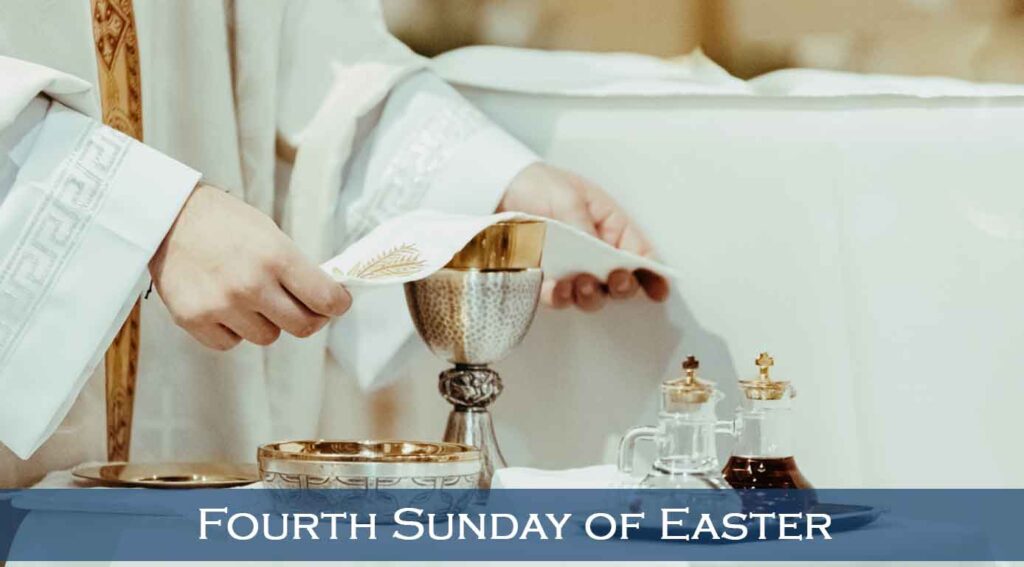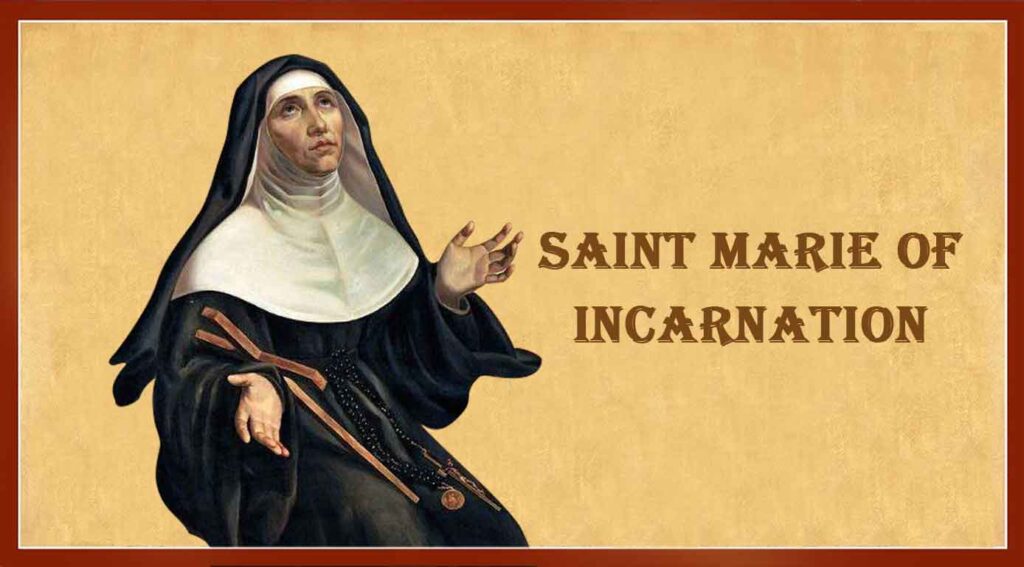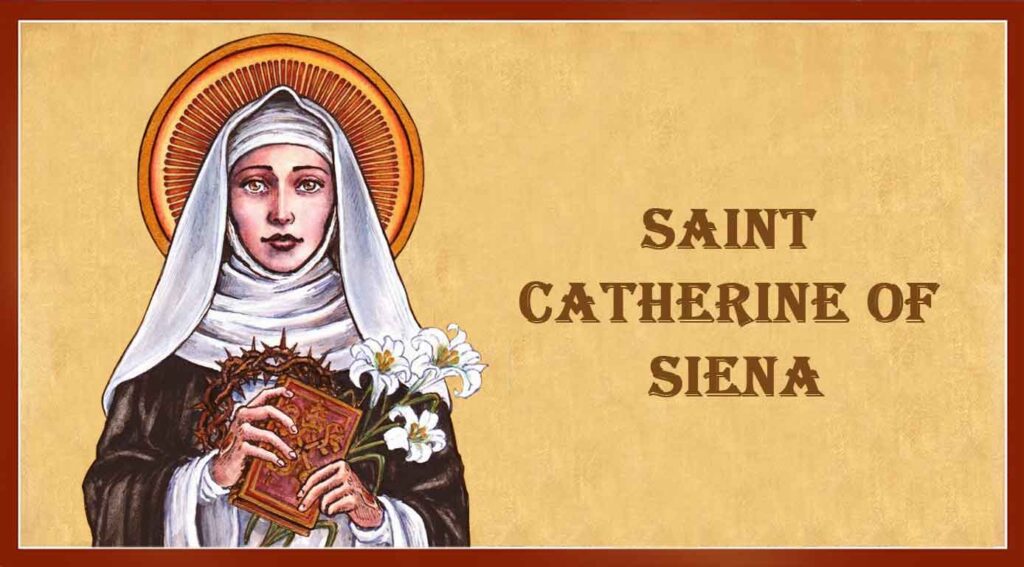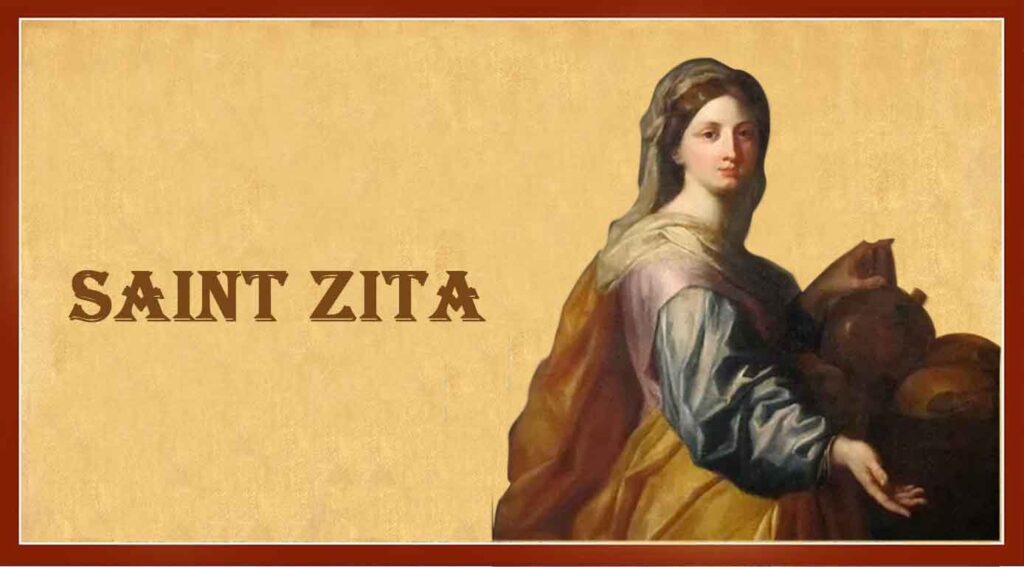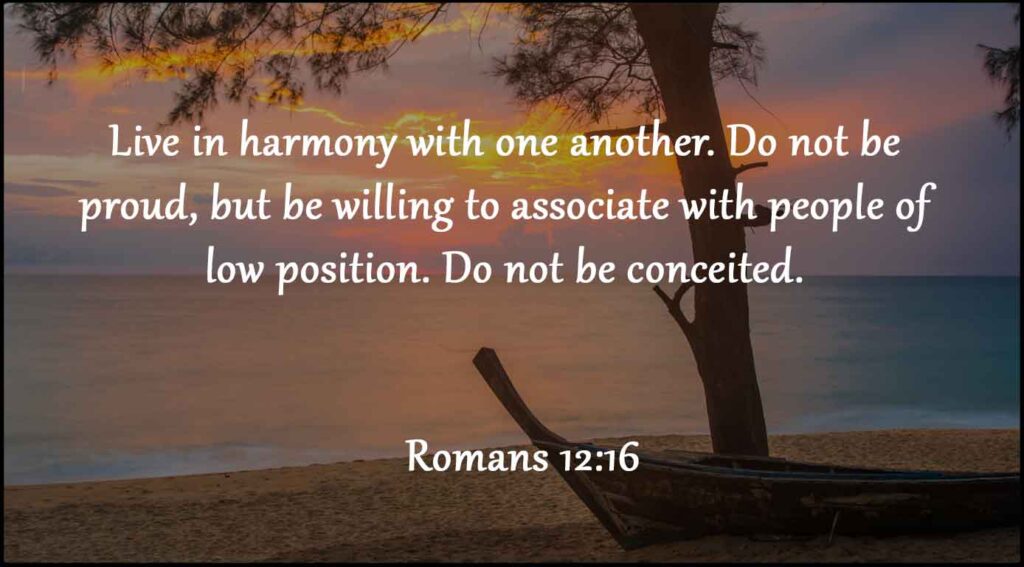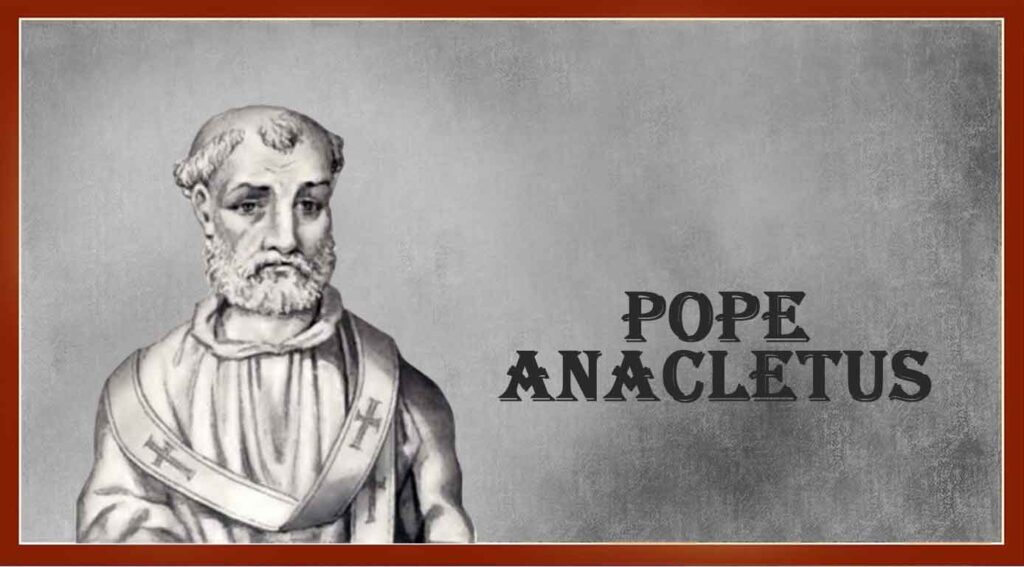Fourth Sunday of Easter
Liturgy of the Word
First Reading: Acts 2:14a, 36-41
Then Peter stood up with the Eleven,
raised his voice, and proclaimed:
"Let the whole house of Israel know for certain
that God has made both Lord and Christ,
this Jesus whom you crucified."
Now when they heard this, they were cut to the heart,
and they asked Peter and the other apostles,
"What are we to do, my brothers?"
Peter said to them,
"Repent and be baptized, every one of you,
in the name of Jesus Christ for the forgiveness of your sins;
and you will receive the gift of the Holy Spirit.
For the promise is made to you and to your children
and to all those far off,
whomever the Lord our God will call."
He testified with many other arguments, and was exhorting them,
"Save yourselves from this corrupt generation."
Those who accepted his message were baptized,
and about three thousand persons were added that day.
Responsorial Psalm: Psalm 23:1-3a, 3b4, 5, 6
Response– The Lord is my shepherd; there is nothing I shall want
The LORD is my shepherd; I shall not want.
In verdant pastures he gives me repose;
beside restful waters he leads me;
he refreshes my soul.
R– The Lord is my shepherd; there is nothing I shall want
He guides me in right paths
for his name's sake.
Even though I walk in the dark valley
I fear no evil; for you are at my side.
With your rod and your staff
that give me courage.
R– The Lord is my shepherd; there is nothing I shall want
You spread the table before me
in the sight of my foes;
you anoint my head with oil;
my cup overflows.
R– The Lord is my shepherd; there is nothing I shall want
Only goodness and kindness follow me
all the days of my life;
and I shall dwell in the house of the LORD
for years to come.
R– The Lord is my shepherd; there is nothing I shall want
Second Reading: 1 Pt 2:20b-25
Beloved:
If you are patient when you suffer for doing what is good,
this is a grace before God.
For to this you have been called,
because Christ also suffered for you,
leaving you an example that you should follow in his footsteps.
He committed no sin, and no deceit was found in his mouth.
When he was insulted, he returned no insult;
when he suffered, he did not threaten;
instead, he handed himself over to the one who judges justly.
He himself bore our sins in his body upon the cross,
so that, free from sin, we might live for righteousness.
By his wounds you have been healed.
For you had gone astray like sheep,
but you have now returned to the shepherd and guardian of your souls.
Alleluia: Jn 10:14
Alleluia, alleluia. I am the good shepherd, says the Lord; I know my sheep, and mine know me.Alleluia, alleluia.
Gospel: Jn 10:1-10
A reading from the holy Gospel according to John
Jesus said:
"Amen, amen, I say to you,
whoever does not enter a sheepfold through the gate
but climbs over elsewhere is a thief and a robber.
But whoever enters through the gate is the shepherd of the sheep.
The gatekeeper opens it for him, and the sheep hear his voice,
as the shepherd calls his own sheep by name and leads them out.
When he has driven out all his own,
he walks ahead of them, and the sheep follow him,
because they recognize his voice.
But they will not follow a stranger;
they will run away from him,
because they do not recognize the voice of strangers."
Although Jesus used this figure of speech,
the Pharisees did not realize what he was trying to tell them.
So Jesus said again, "Amen, amen, I say to you,
I am the gate for the sheep.
All who came before me are thieves and robbers,
but the sheep did not listen to them.
I am the gate.
Whoever enters through me will be saved,
and will come in and go out and find pasture.
A thief comes only to steal and slaughter and destroy;
I came so that they might have life and have it more abundantly."
The Readings and Gospel were sourced from:
Fourth Sunday of Easter Read More »


